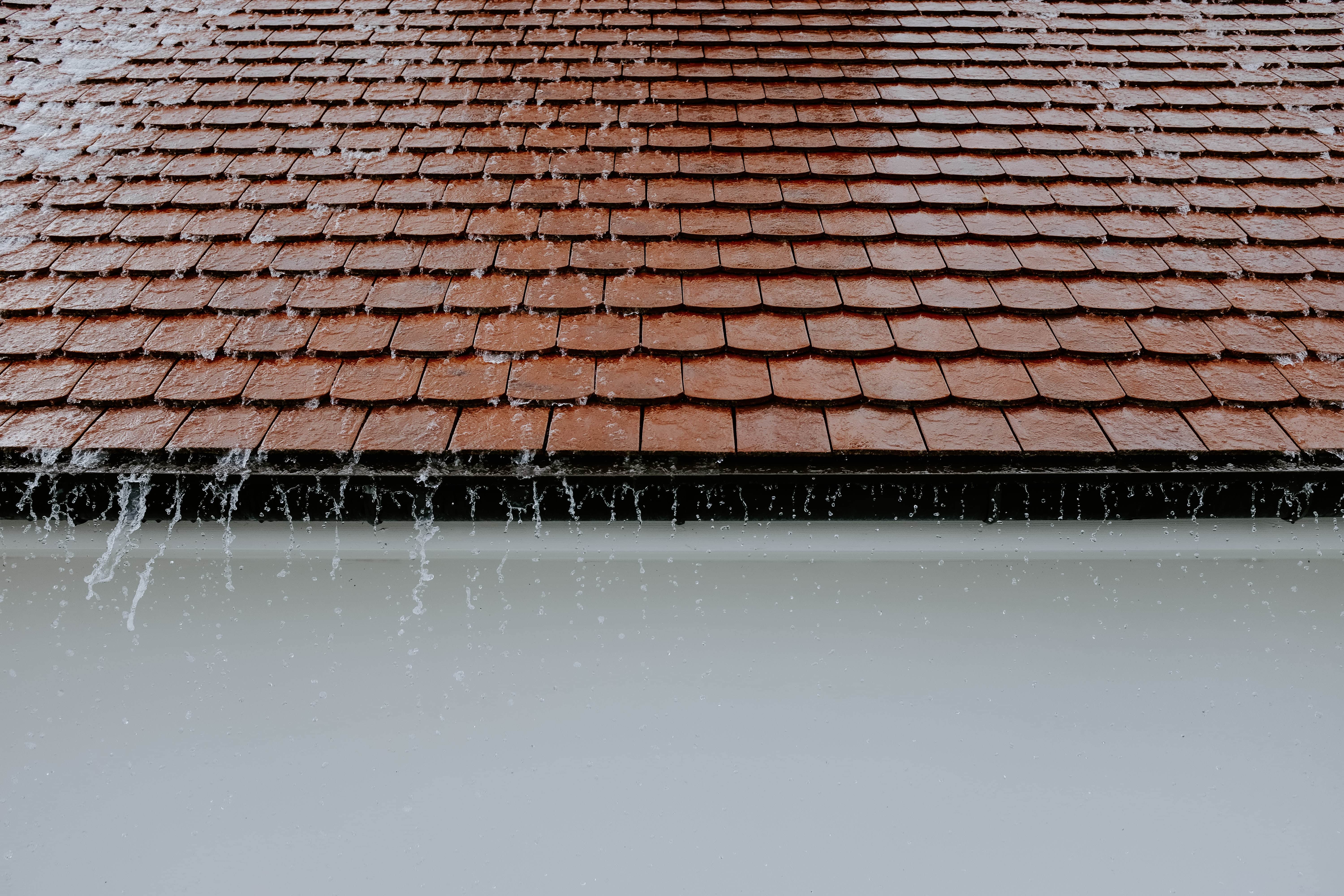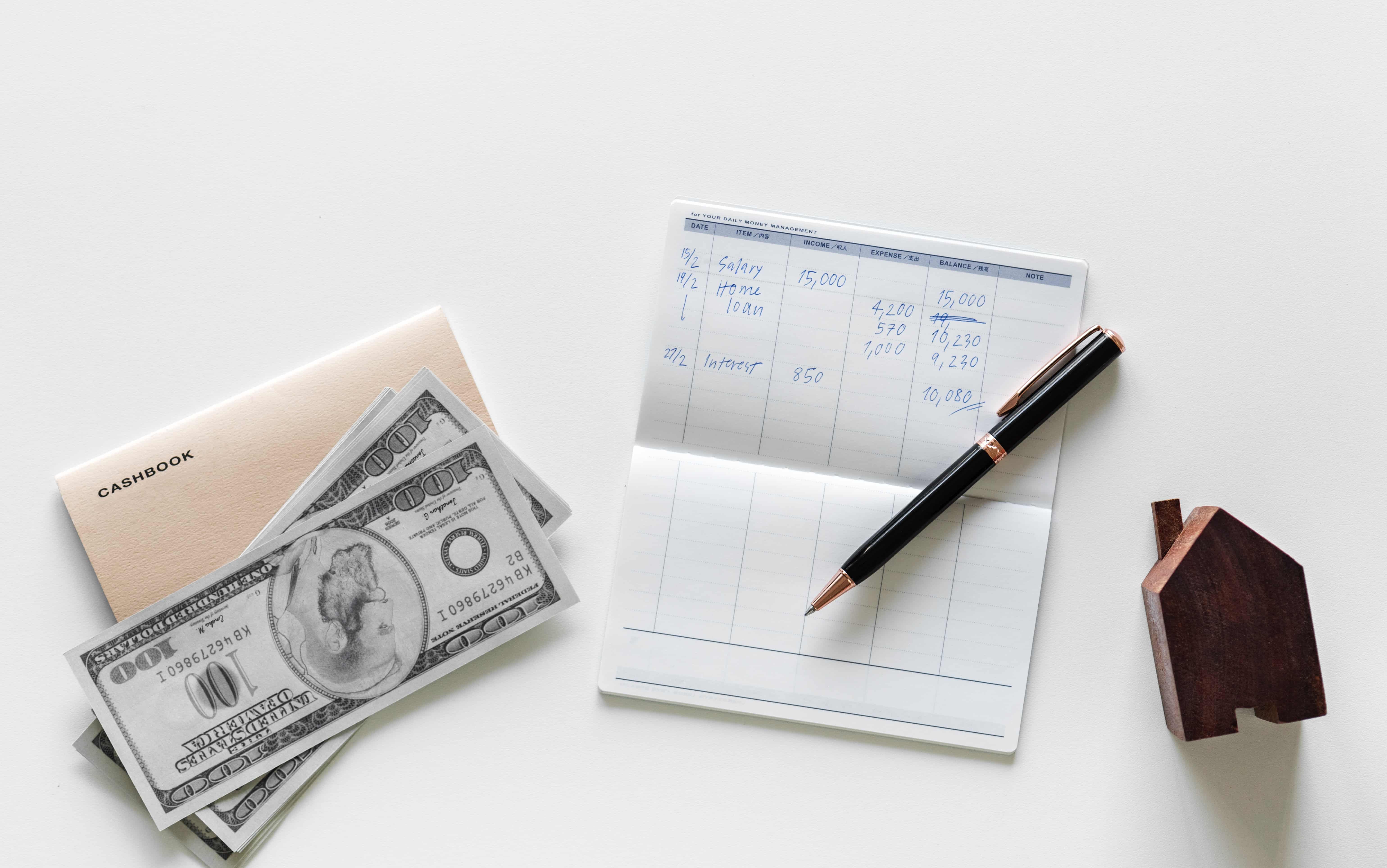Tips for Preventing and Addressing Water Damage

Water damage is something that every homeowner tries to avoid. As many people know, water damage can be worse than fire or wind damage in some cases. This is mainly because moisture can structurally destroy a home and create mold and bacteria that can be terrible for your health. In addition, water damage isn’t always so easy to spot. Leaks can happen underground or behind walls and take weeks or even months to notice. That’s why it’s important to not only know how to address water damage, but it’s also important to do everything you can to prevent it from happening in the first place. Below we share some expert tips on preventing and addressing water damage in your home.
Preventing Water Damage Outside Your Home
1. Clean Out Gutters RegularlyOne of the most critical tasks in water damage prevention is to clean out your gutters and downspouts at least a few times a year. After just one storm, leaves, debris, and branches can cause some serious clogs and blockages along your gutter. With the extreme weather we’ve been seeing recently, you know this can be even worse than normal. When water sits for too long in your gutters it can become a breeding ground for mosquitos and bacteria. In addition, a clogged gutter can start sending water straight into your home’s foundation. Addressing water damage like this could mean a lot of work and an expensive bill. That’s why it’s vital to always keep your gutters and downspouts clean.
2. Know Where Your Plants and Trees GrowHomeowners take a lot of pleasure in making their lawns and yards look beautiful. Planting trees, shrubs, and bushes around your property can be satisfying, but also a bit risky. When invasive roots start growing near pipes, septic tanks, or drainage systems, it can cause significant water damage. Always remember to be aware of where you plant new vegetation around your yard. Keep in mind the location of sprinkler systems and underground pipes. Addressing water damage around the outside of the home is just as important as addressing water damage inside the home.
Preventing Water Damage Inside Your Home
1. Check Your Water Pressure OftenWater pressure gauges are cheap, easy to find, and can save you a ton of money in the long run. Basically, you hook the water pressure gauge to a faucet in your home and turn the faucet on all the way. The water pressure gauge will give you a reading that should be between 40-70 psi. If you find pressure stronger than that, you should address this before it’s too late. Water pressure that is set too high can cause pipes or hoses to break.
 2. Always Look at Your Water Bill
2. Always Look at Your Water Bill
One of the best ways to know if you’re experiencing a water leak in your home is by monitoring your water bill. It’s important to keep an eye on how much water you use a month. If you happen to notice you’re using too much and your bill is getting more expensive, you could be addressing water damage. Remember that some leaks will happen dramatically and quickly, and you’ll notice it right away. Some leaks aren’t so obvious. They can start small but end up causing a lot of damage in the end. If you think your water bill is even slightly higher than it should be, you should have a professional inspect the home.
3. Check Your AppliancesIt’s just smart homeownership to regularly check your appliances for leaks. As stated above, even small leaks that go undetected for an extended period can do a lot more damage than you think. That’s why it’s best to keep an eye on dishwasher, refrigerator, and washing machine hoses year-round. Reference your appliance manufacturer’s handbook on other ways to keep your appliances maintained and free of water leaks.
Addressing Water Damage in Your Home
If you’re a homeowner, at one point or another, you’re going to notice a leak somewhere or water collecting where it shouldn’t be. The most important thing to do first is shut off the valve closest to the fixture where you notice the leak. Then, you need to shut off your main water line. In order to do this, you must know where your water main line is located and know how to properly shut it off. Once your water is shut off, the best thing you can do at this point is contact a professional right away. Even if you notice a small amount of water, it could mean bigger problems somewhere else in the home. Always remember that water can hide in places that you never imagined, so it’s better to let the professionals locate the source of the problem. That’s why it’s important to contact an expert as soon as possible before it’s too late!
Original article written by Mold Remediation Pro
